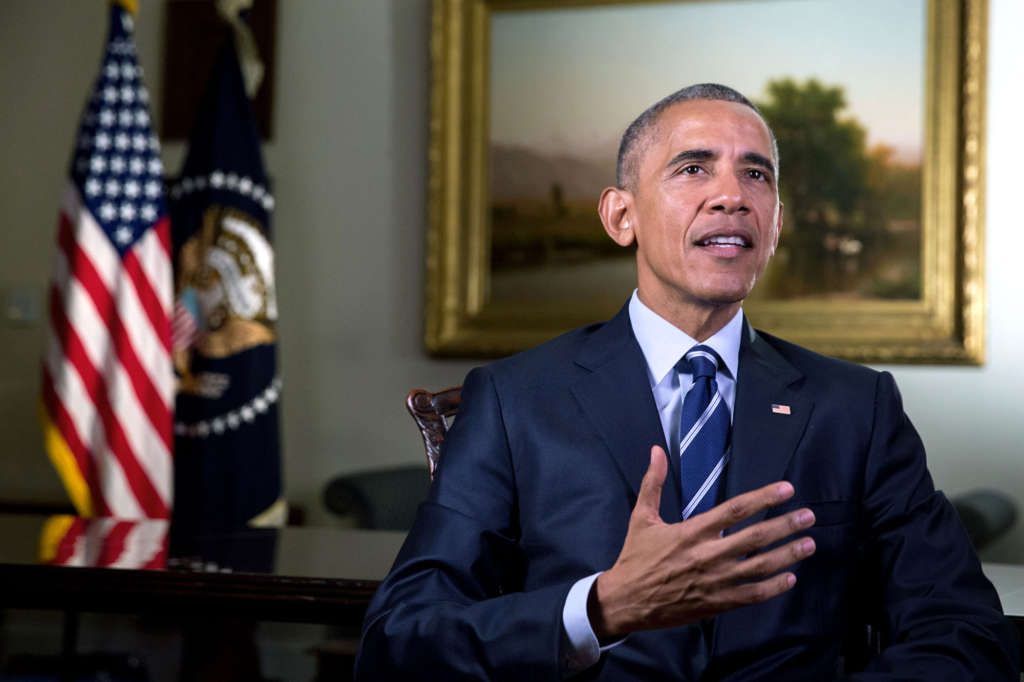Washington-A White House plan aims to convene teachers and mental health professionals to intervene and help prevent Americans from turning to violent ideologies, work that is currently done mostly by federal law enforcement.
The 18-page plan announced on Wednesday marks the first time in five years that the Obama administration has updated its policy for preventing the spread of violent groups such as ISIS.
Authorities blamed radical and violent ideologies as the motives for attacks in Charleston, South Carolina; San Bernardino, California; Orlando, Florida; New York and New Jersey in 2015-16.
The policy aims to prevent conversions to all violent ideologies, including the white supremacist beliefs held by a gunman who killed nine black church members inside a historic African-American church in Charleston and the other shootings and bombs were inspired by ISIS militants.
The new White House strategy seeks to create “intervention teams” led by mental health professionals, faith-based groups, educators and others as a resource for people who find themselves in such circumstances.
Intervention teams would seek to divert a person away from violence before they commit a violent act and without involving law enforcement agencies.
Both Republicans and Democrats in Congress have questioned Department of Homeland Security officials over the delay in updating its approach to countering recruitment strategies by ISIS, which controls parts of Iraq and Syria, and other groups.
Congress does not have the authority to reject the plan, but they could withhold funding to see that it is not fully implemented.
Civil liberties groups, including the Council on American-Islamic Relations, have criticized the current model as one that creates distrust in Muslim communities in the United States.
Federal prosecutors, who are charged with conducting terrorism investigations, also lead prevention efforts.
Prosecutors would still have a role in prevention efforts under the new policy, including arranging after-school programs, but they would not be allowed to use those settings for intelligence gathering.
Under the new guidelines, “local intervention teams” will assess the needs of individuals who may be showing signs of converting to a violent ideology.
Local law enforcement officers may also be part of the team, but not federal prosecutors.
“We determined that efforts to build intervention teams are less likely to succeed if they are driven by the federal government,” said Brette Steele, acting deputy director of the U.S. government’s Countering Violent Extremism Task Force, suggesting instead the teams should be community-led.
Only when a person is believed to “pose a threat or be immediately capable of committing a crime,” should law enforcement actions be taken, the policy states.
The policy also calls on the Justice Department to implement rehabilitation strategies that could include using former violent converts as counselors for those convicted of terrorism.
